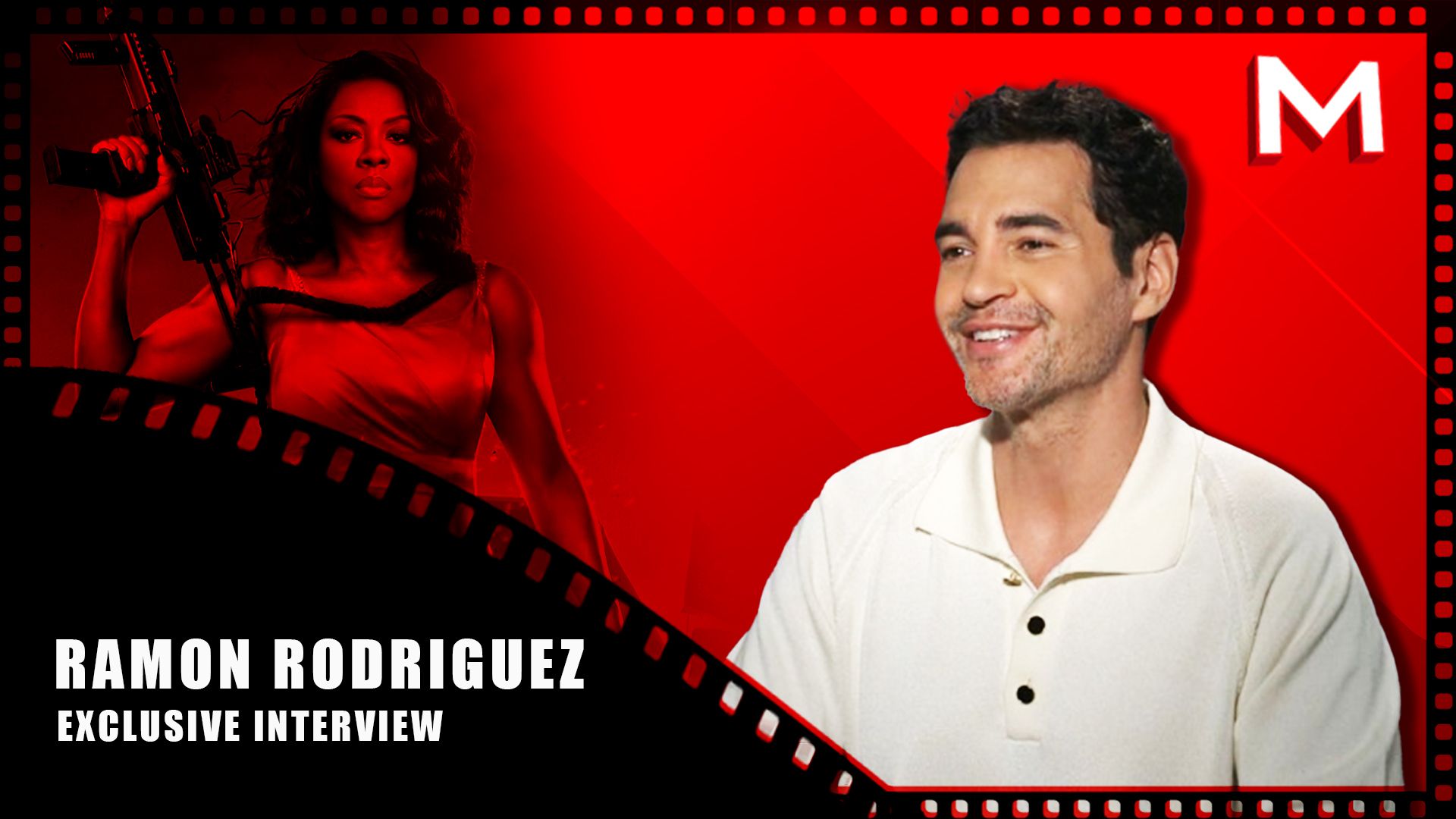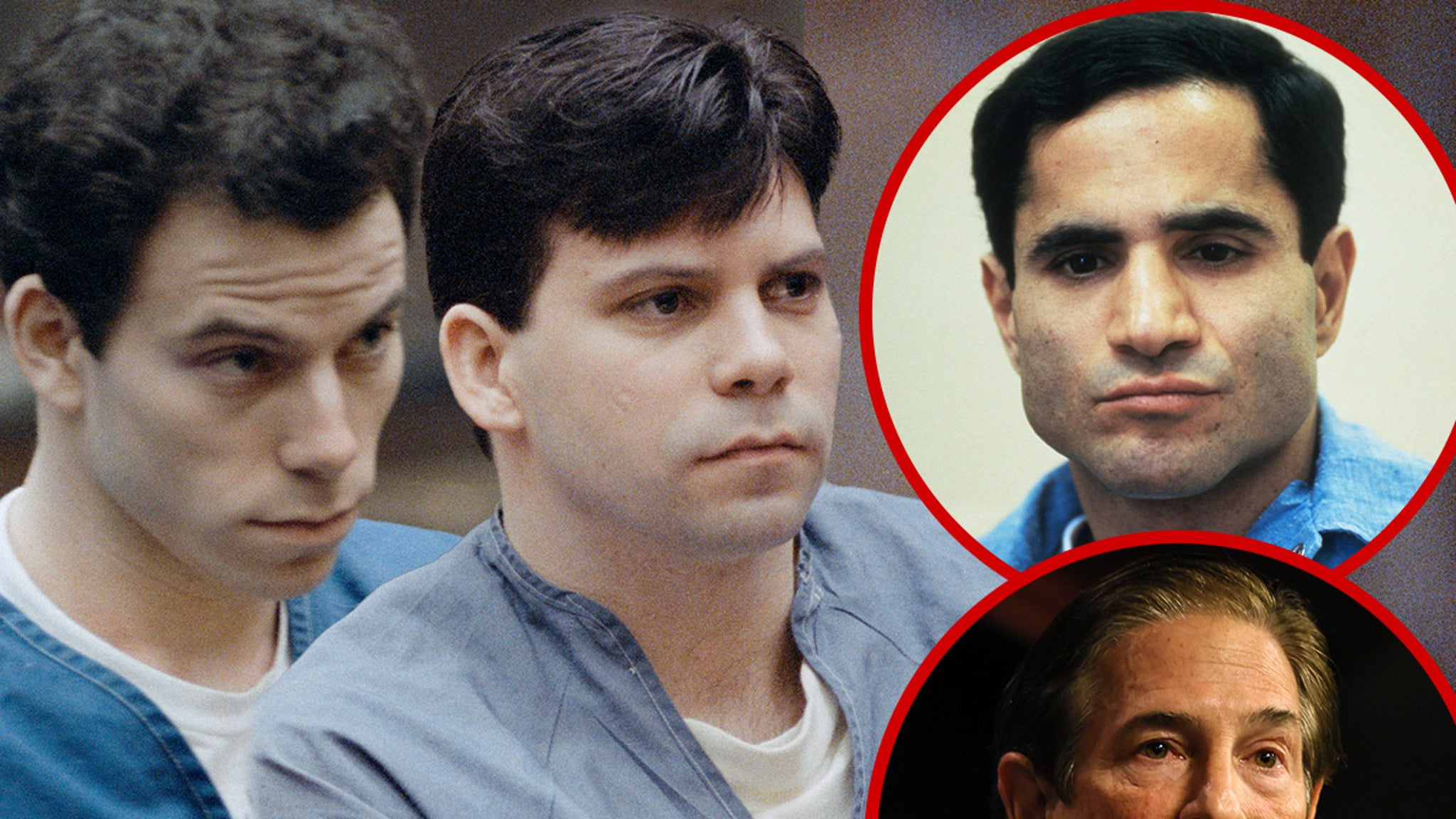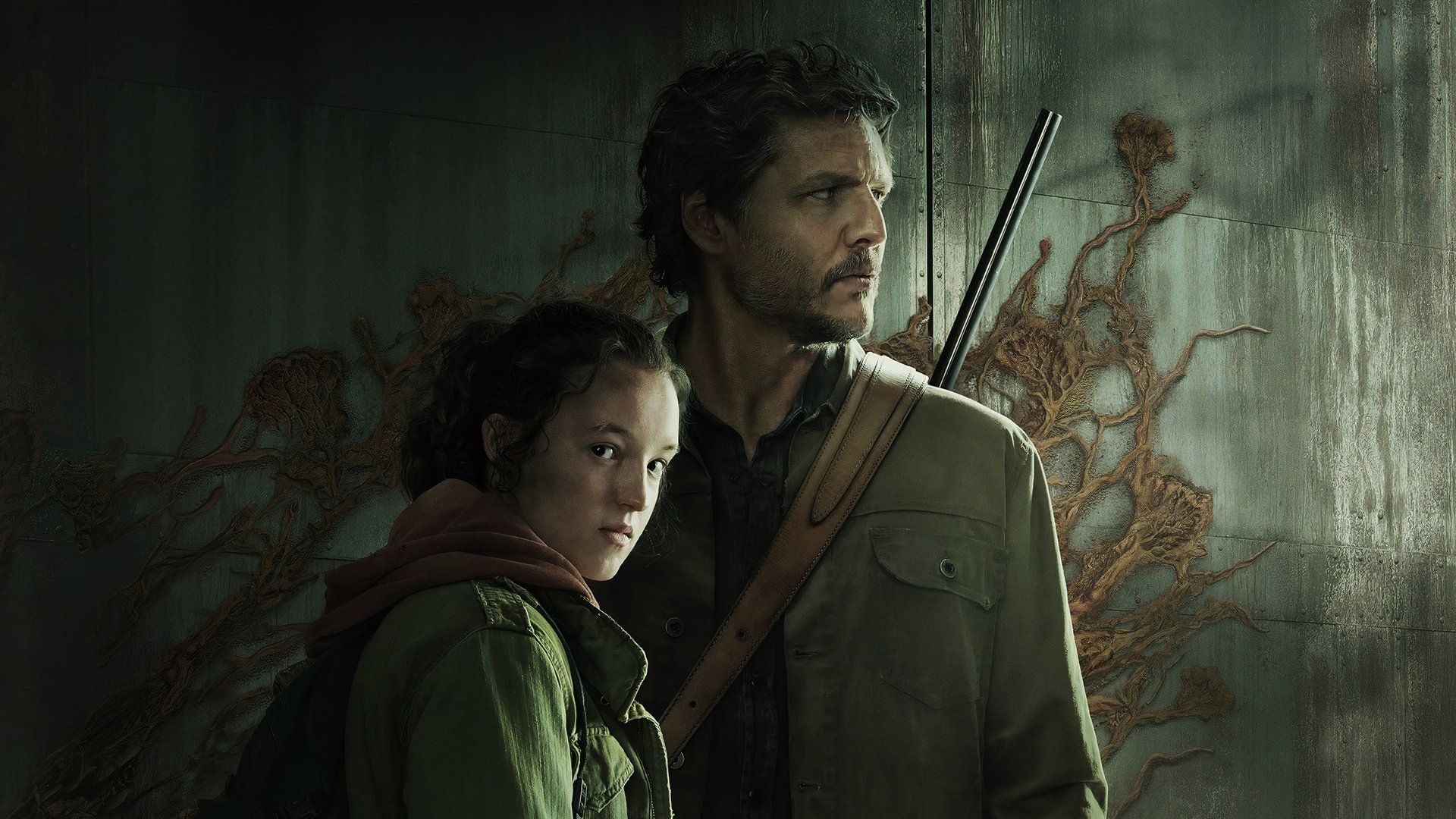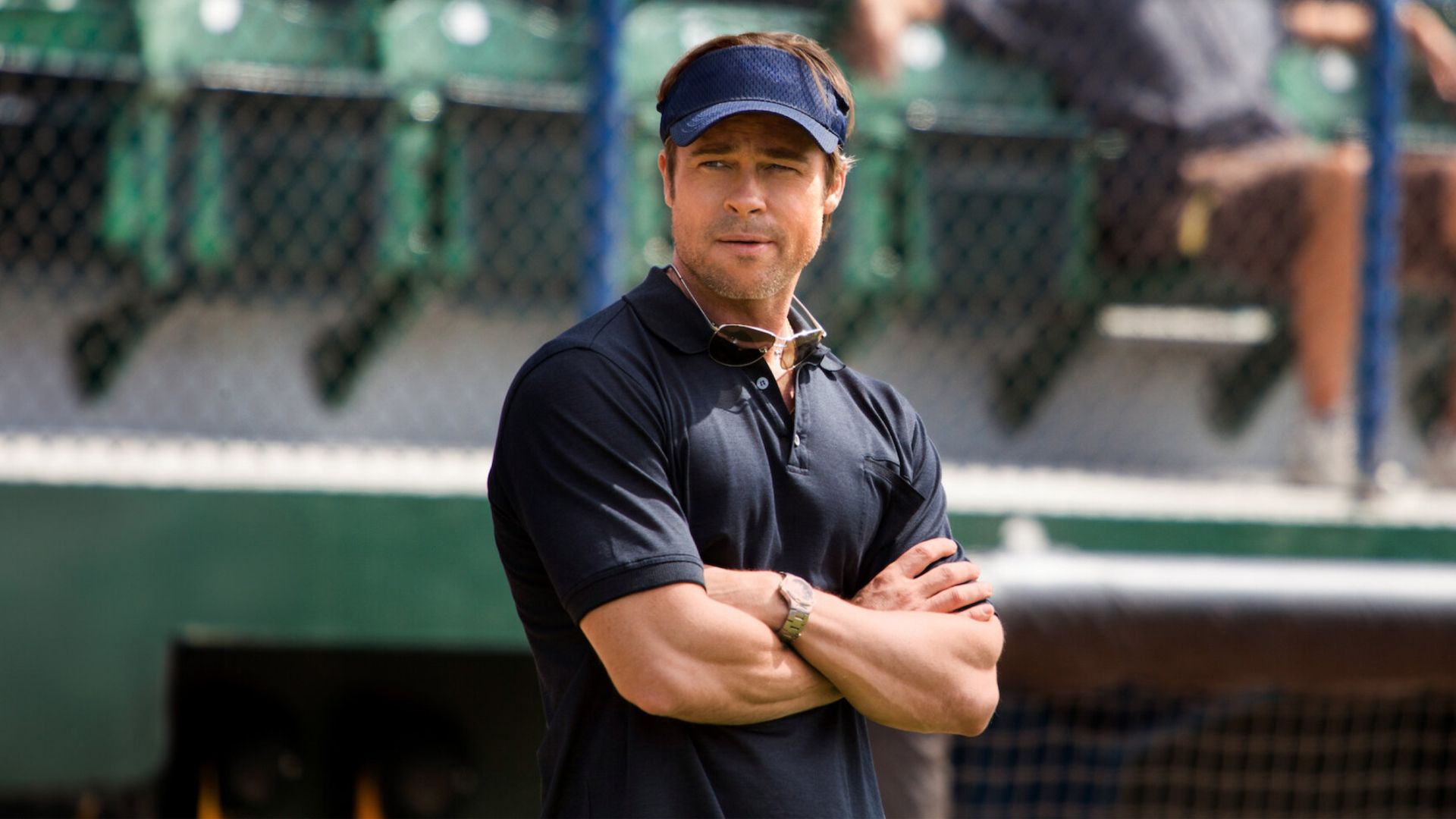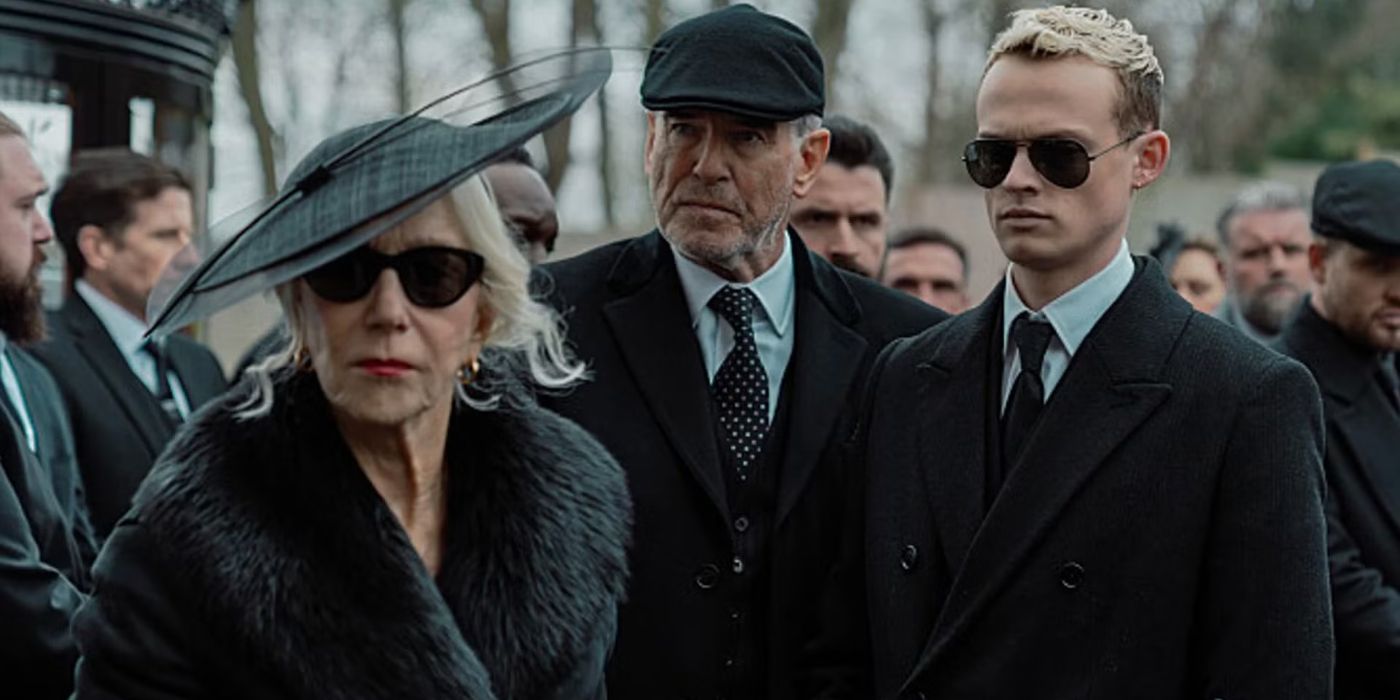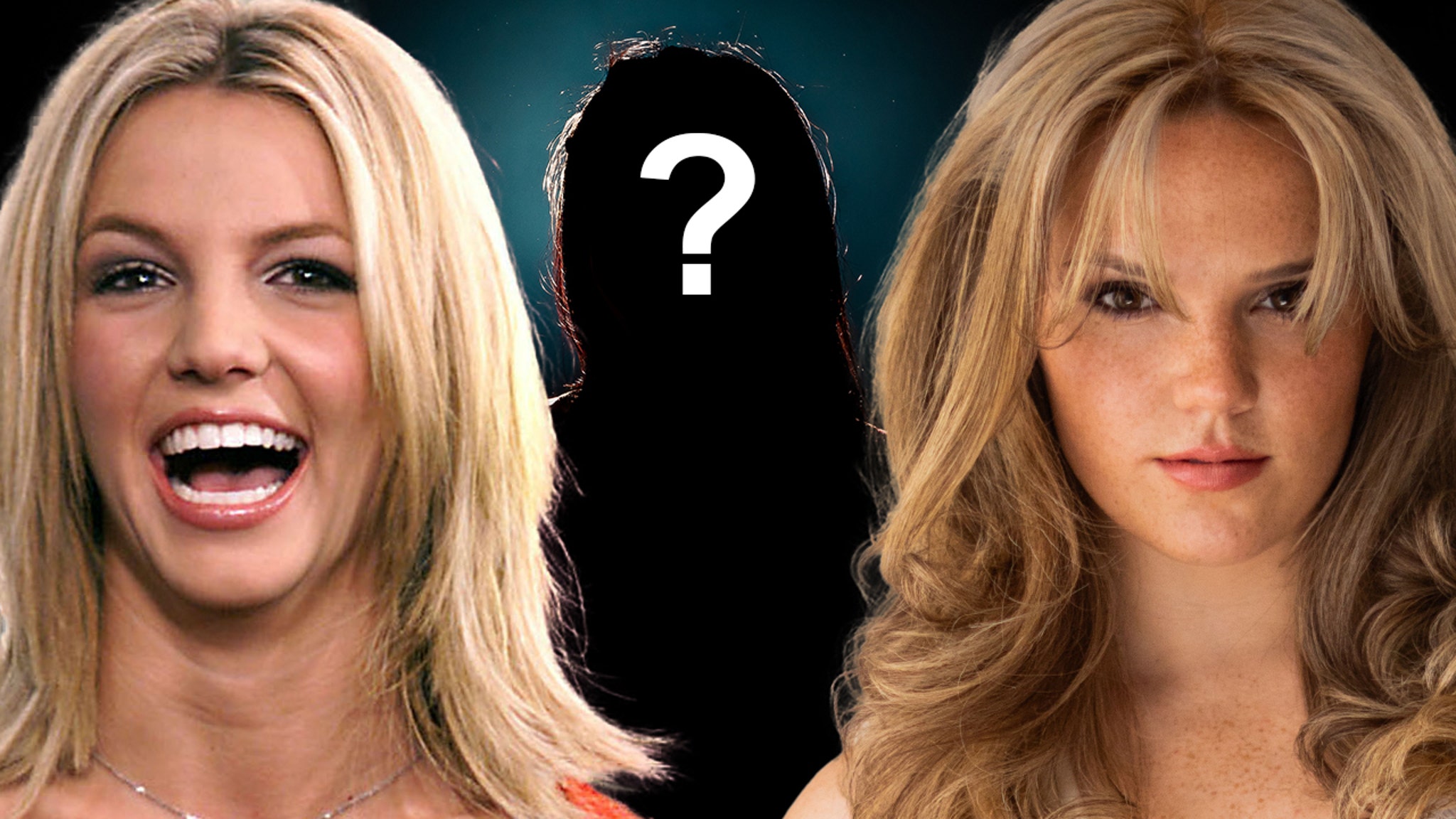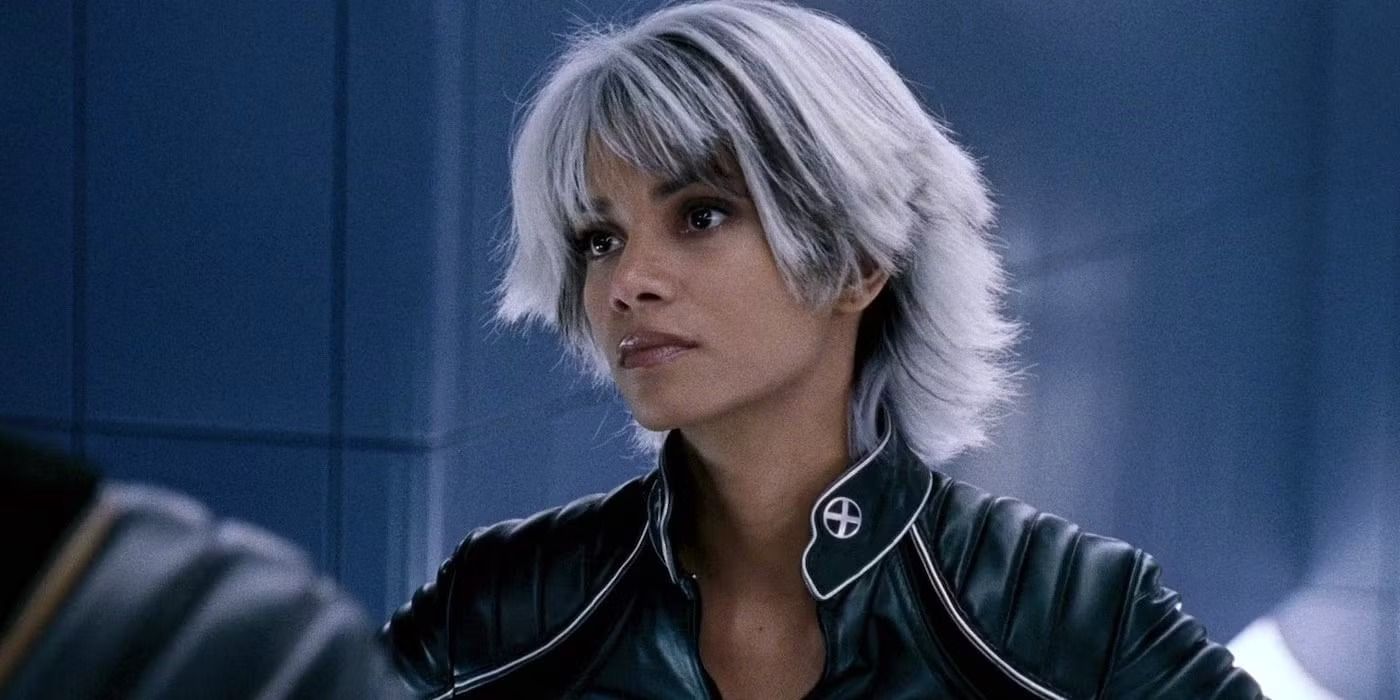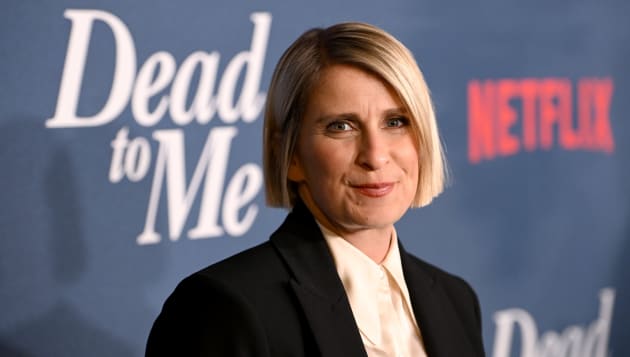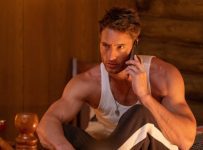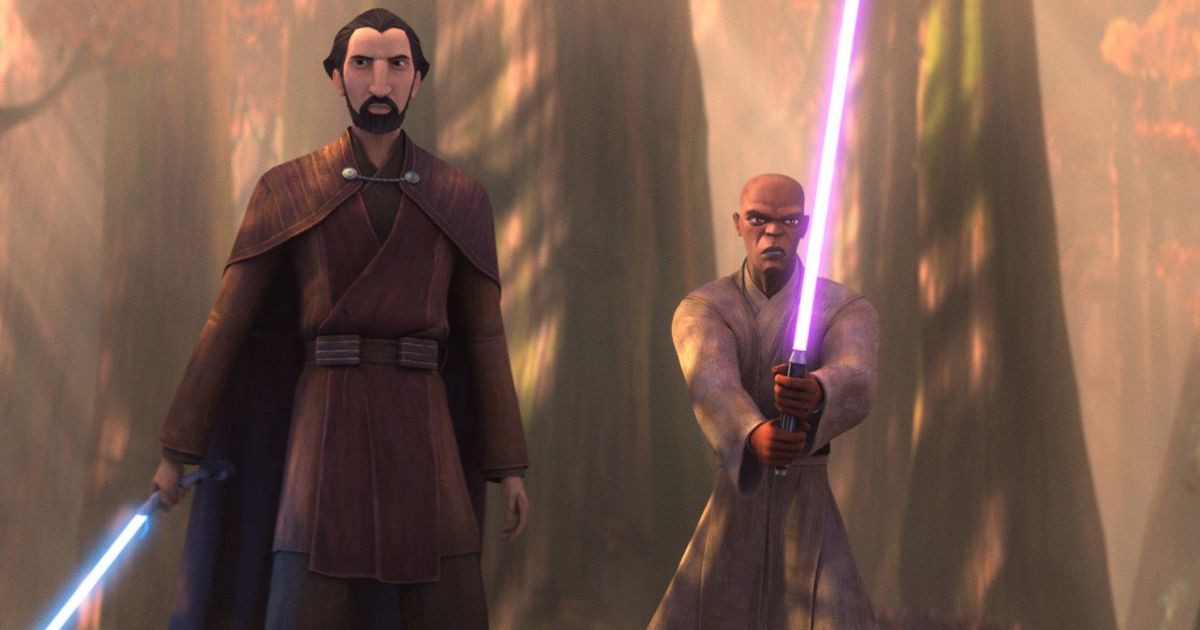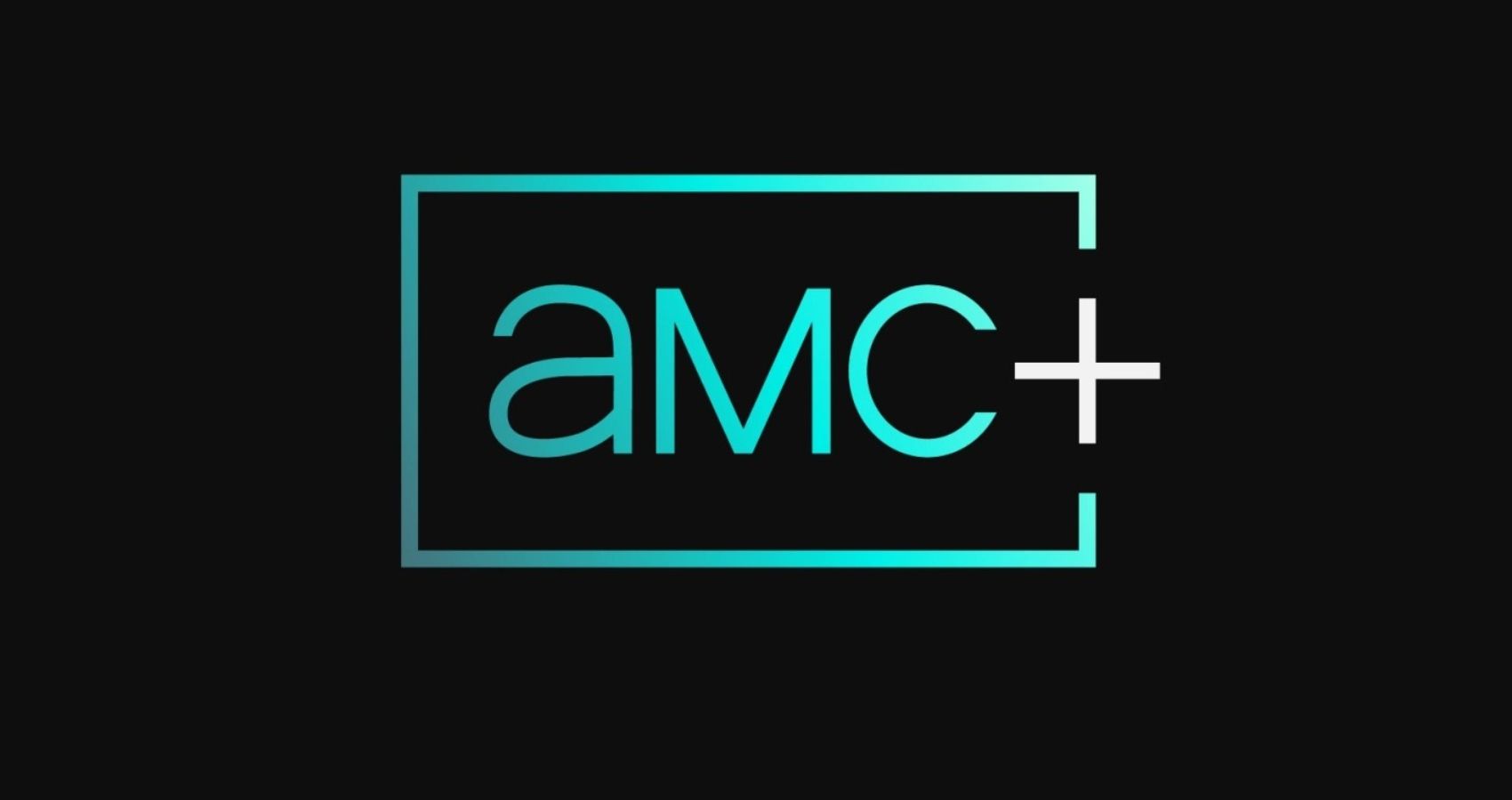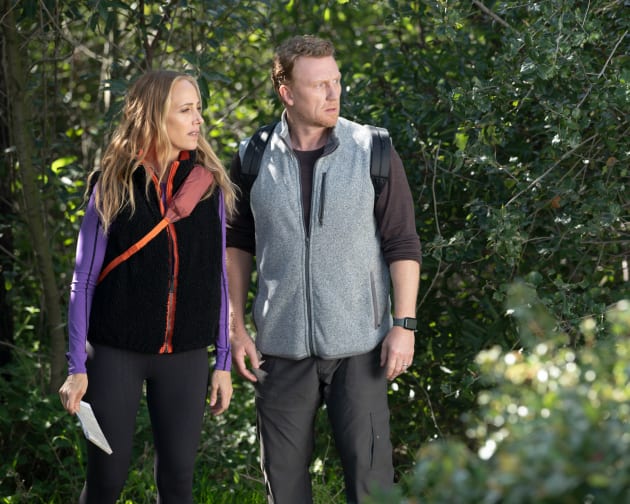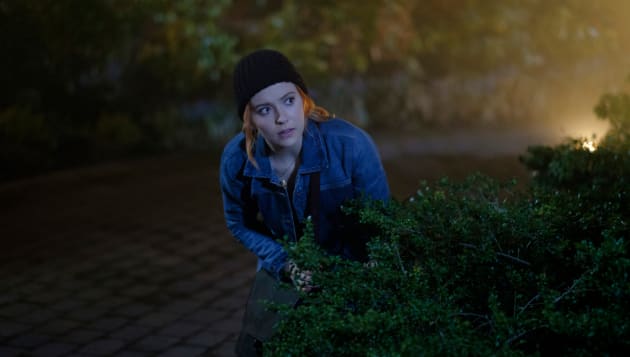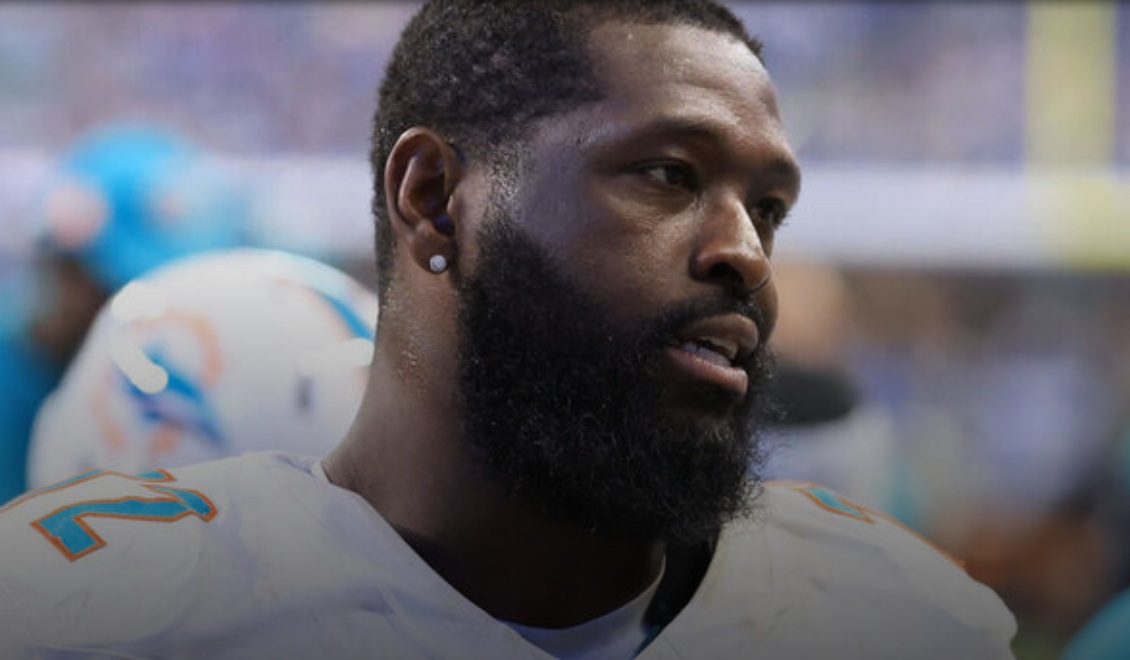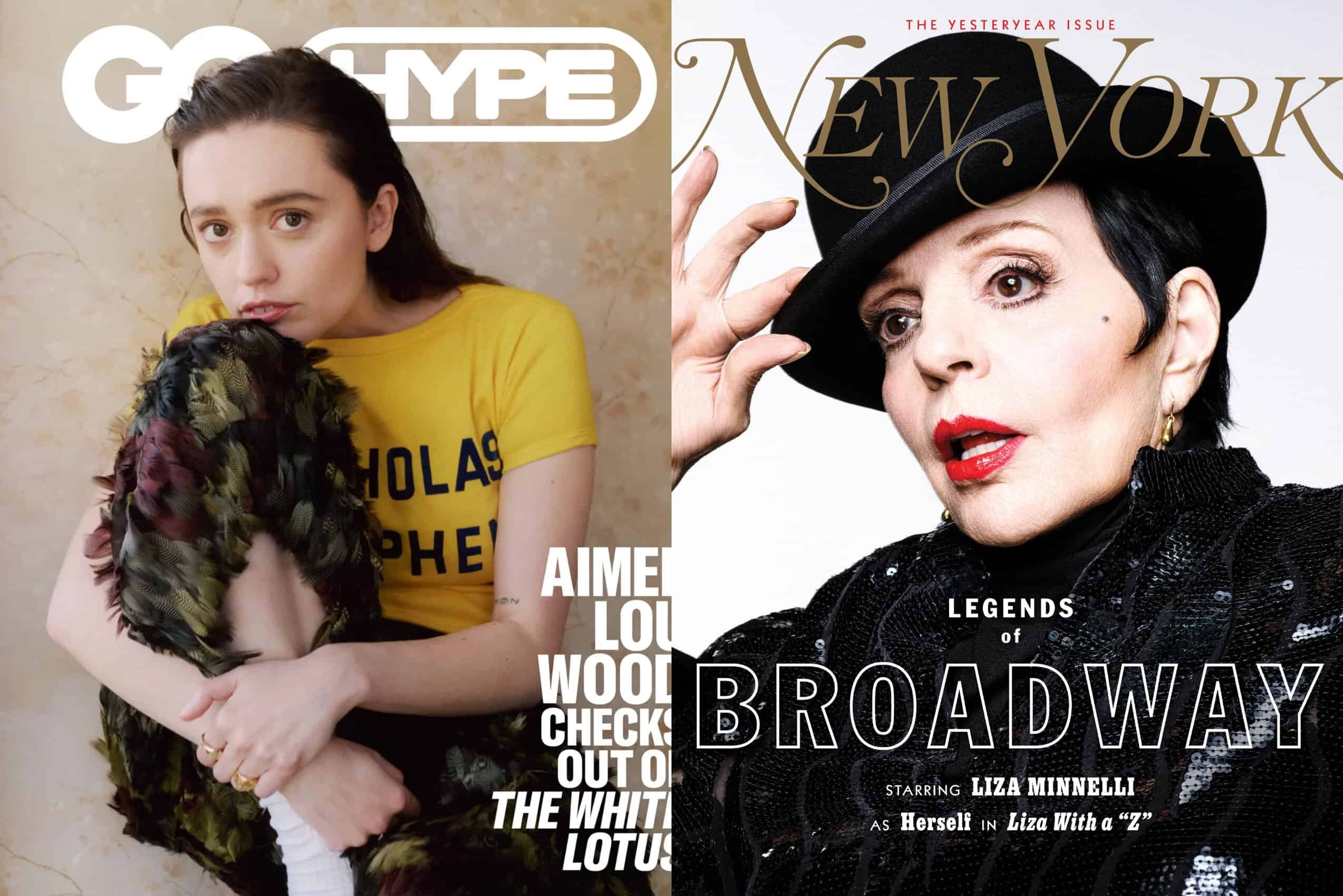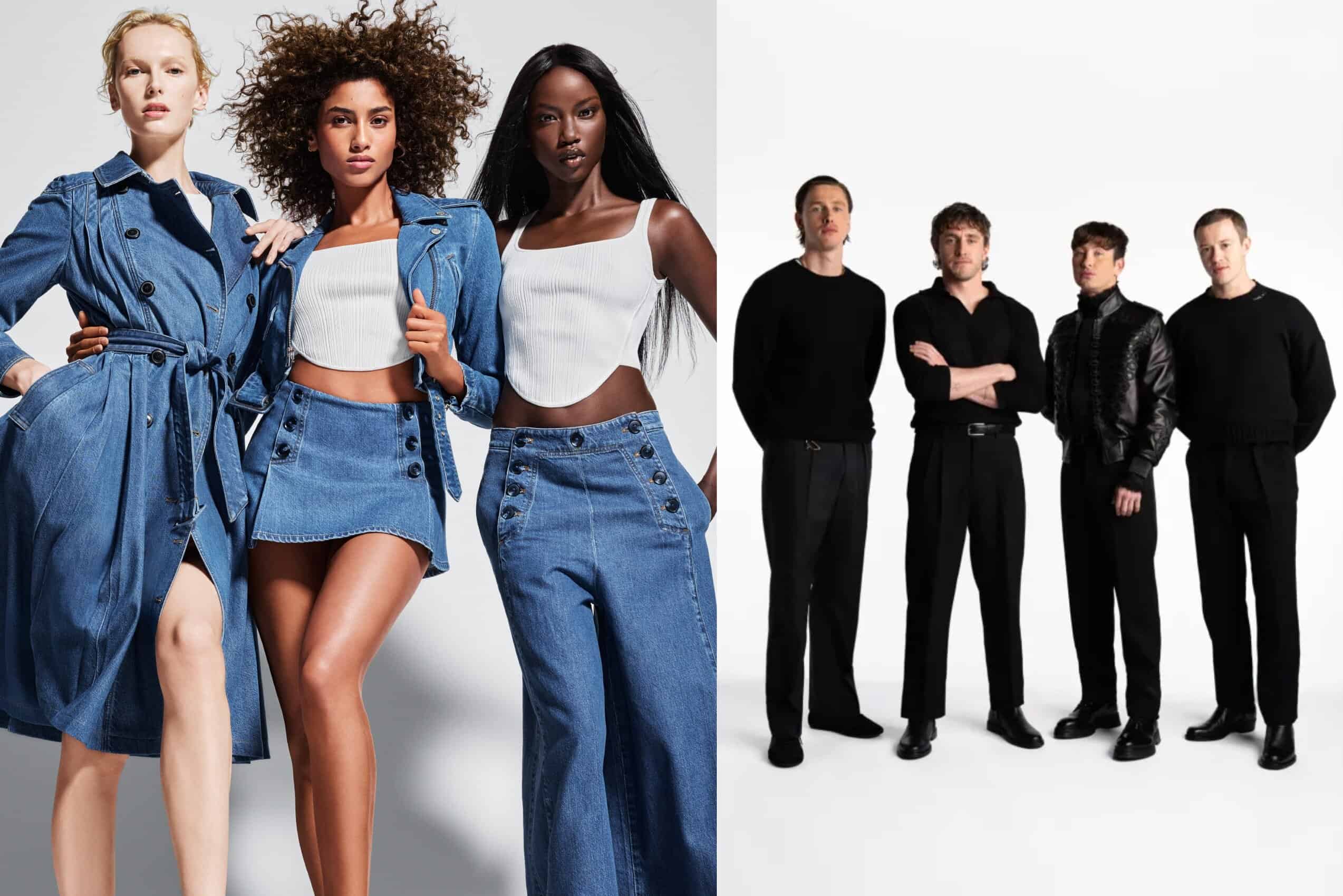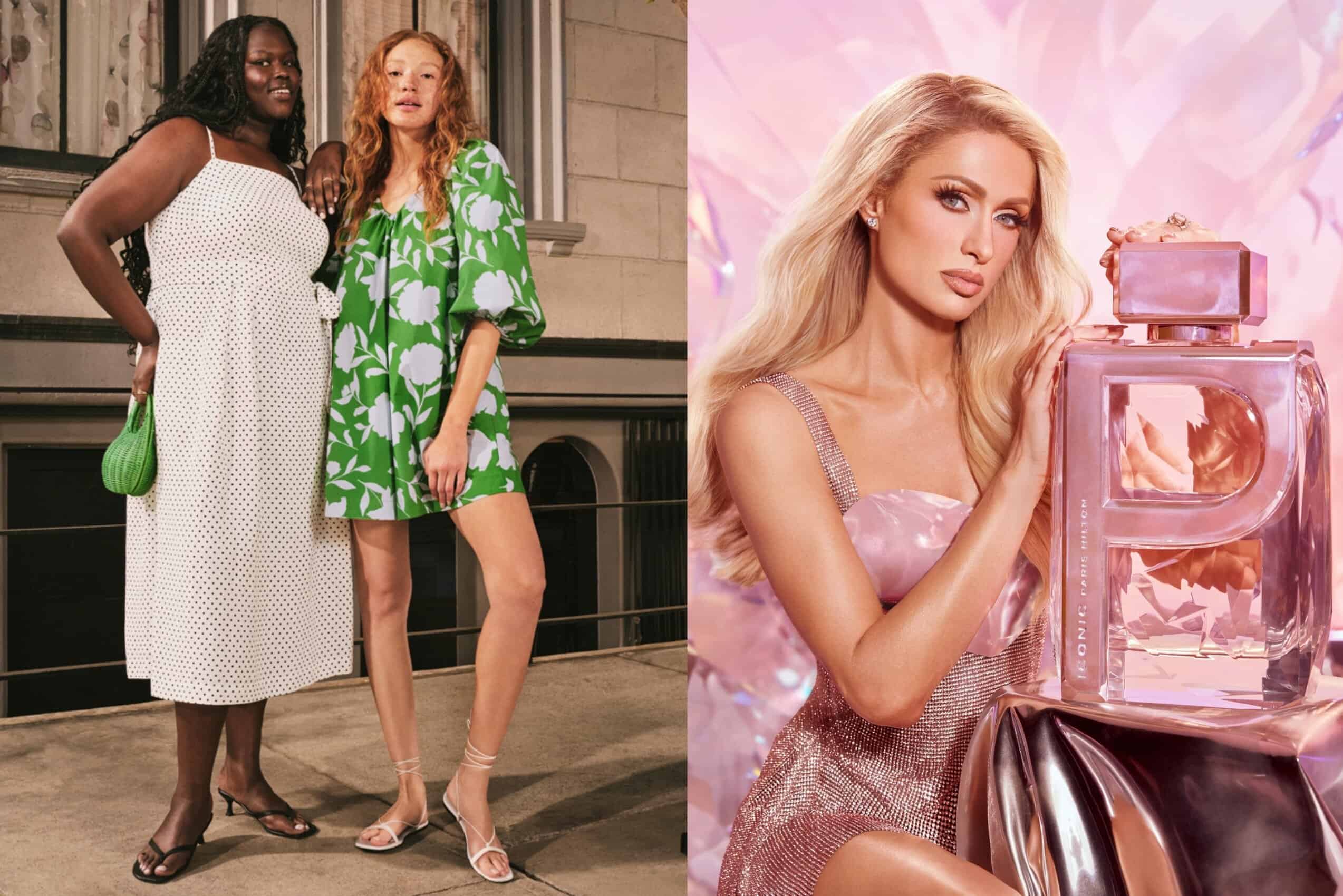From its first scene to its last, Dead To Me remained true to the concept of grief and an unexpected friendship emerging in its wake.
We caught up with creator Liz Feldman to talk about the final season and what it was like bringing the always funny and deeply emotional tale to a close.
Hi Liz.
Hi Carissa. How are you?
I’m good. How are you? It’s nice to voice-meet you.
Wonderful to voice meet you. I’m doing all right. I’m doing all right. I’m having a vulnerability hangover from this whole week.
Aw. From saying goodbye.
Yeah. Saying goodbye and putting this season out there that we worked hard on and poured our hearts into. And then you just sort of hope people can embrace it and accept it.
I loved it. I thought it was fantastic.
Thank you so much.
I thought it was a fantastic ending and well-earned. And I really like the more dramatic feel, kind of how you moved away from the absurdity a little bit, especially from season one.
Yes, thank you.
You’re welcome.
Yeah. When you start writing a season like this in the throes of an insane pandemic, it’s hard for that not to color your perspective, and it ends up just sort of working its way into the show.
Oh, absolutely. And I have to give you kudos for crafting a show about female friendships that’s not just leaning on the funny.
Two Broke Girls was also a very good show and explored female friendships, but this is just so much deeper and shows how women can overcome obstacles. And too often, women are shown as being catty and unable to do that. And so, I really appreciated your direction.
I appreciate you. Thank you, thank you. I wanted to make a show about female friendships that looked more like my own friendships rather than a fictionalized and often adversarial kind of version of female friendship that is not something that’s true to my experience.
I don’t think it’s true to most of our experiences.
Yeah, exactly. Exactly.
And I think other people tend to think that you can’t make a good show about friendships, and you’ve proved them wrong.
Thank you. Thank you. Yeah. You just have to sprinkle in a little bit of hijinx and murder.
Right? Hey, it works. What’s your genesis for exploring this friendship in this amount of detail?
Well, like I was just sort of saying, I was interested in creating the kind of show that I wanted to watch, which was an exploration of female friendship that felt true and authentic to the real adult experience of having women in my life who offered me a kind of unconditional love and support that you just don’t often see portrayed in film or TV.
And I was coming off of a really difficult time in my life when I created the show, and it was complicated by the fact that I had lost several friends in their 30s, all, frankly, quite tragically.
And then I turned 40, and on the day I turned 40, my cousin died suddenly of a heart attack, and he wasn’t that much older than me. And at the time, I was trying to get pregnant, and I was on all of these hormones.
So my experience of the world was already heightened because I was on fertility hormones. And the day after I turned 40, my best friend, who had flown into town to be with me on my birthday, told me that she was pregnant. And I’d been trying to get pregnant for about five years at that time. And the truth is that I was happy for her. I just was sad for me.
And so, in the moment, I said all the things that you would hope your best friend might say to you, like, “oh my God, congratulations. I love you. I’m so happy for you.” But about two minutes later, I excused myself to the bathroom, and I just cried my eyes out.
And I wanted to explore how deep and protective and loving female friendship can be while still enduring difficult and challenging experiences together that hopefully just make you grow as friends and not the other way around.
I would be remiss not to mention the fact that from the beginning of the show, from season one, one of the writers has been Kelly Hudson, who is one of my best friends and my roommate from college. Literally, we’ve been friends for 27 years.
And so I think having one of my soulmates in the writer’s room and being able to develop the friendship on the show with her is I think part of why it feels authentic because it really is coming from real friendship.
And she’s also with me every day on set. And there’s a real litmus test there. It has to feel right to us. Jen and Judy are very much mirrored versions of Kelly and I.
Oh wow. That’s great.
Yeah.
I read that you didn’t know exactly where the show was going to go when it began, that you like to see where the story takes you and let it unfold naturally.
And I’m wondering because so often, fan bases, when they see a close same-sex friendship on screen, they automatically want them to go from friends to lovers. Did you ever feel pressure to take them in that direction?
No. Truthfully, I did not feel pressure to take Jen and Judy in that direction because that’s just not who these women are to each other. For me, this was a platonic romance, and that’s all it was ever going to be.
I totally understand why some fans project their fantasy onto them, but the truth is I’m a gay woman, and I have been able to have these platonic friendships in my life that were never complicated in that way. They just were true and powerful connections based solely on friendship.
I obviously also have romantic relationships, and those are different. This was always going to be a show about exploring friendship. I understand entirely why people wanted them to be endgame, a term I learned from making the show. But truly, that’s just never what this show was going to be.
And I think as much as I want the fans to be satisfied and entertained and keep loving the show, I think I have to stay true to my vision as the storyteller who always knew what this show was about, which is grief, loss, forgiveness, and friendship. I think what that desire from our fans speaks to is a real lack of stories out there about true romance between women.
Sure.
And I get that. That’s just not what this was, and it’s not what it was ever going to be. And hopefully, they can wrap their arms around the fact that sometimes friendships can be the greatest love affairs.
Right. That’s what I believe. I believe there are some friendships that are far deeper than you will ever find with somebody that you’re entangled with romantically, no matter how much you love that person.
Exactly.
Yeah. And I think that similarly, just like there are not enough stories that really explore same-sex romance, there are not enough stories that explore same-sex friendships.
Exactly. That’s the truth.
There’s room for both.
Yes. And look, one day, I would love to be able to tell that story. That’s just not what Dead To Me was ever going to be about.
Right. So what was your goal for their relationship when the story began? And how did your original goal transform to become the deep friendship of season three?
Initially, the friendship was designed to help Jen learn to forgive. Forgive whoever did this to her husband, forgive her husband, and essentially forgive the universe, or God, or whatever higher power you believe in. And then, for Judy, it was designed so that she could try to right this wrong and ultimately forgive herself.
And I think what it evolved into as the story developed and as I got to work on it with some truly incredible writers who really threw themselves into the story was about healing these two women, healing their past traumas through this friendship.
Going even deeper than just Jen’s husband passing and deeper than Judy having made this terrible mistake of driving away after hitting Jen’s husband, but going even deeper to wounds that were left by their mothers, left by Judy’s inability to have children in the way she wanted, and ultimately Jen’s anger towards herself.
I think by the end of season two, you realize that this anger that we’ve witnessed her having from the very, very beginning of the show is really anger at herself for how she handled the loss of her mother. And I wanted to give her character an opportunity to right that wrong and to learn how to work through grief without turning against herself.
So in wanting to do that, this is the story I came up with. But I also wanted Judy to come to a place of acceptance that sometimes motherhood looks different than how you might have wanted it to. And that though she wasn’t able to bear her own children, she very much became a mother to Jen’s children.
And also ultimately, the whole show begins with Judy’s desire to heal Jen, to help her through this time in her life. That is like Judy’s most overarching need, and want. And she was able to do that by the end of the series. So I was trying to show that friendship in its deepest, truest form can really help us heal and become whole again.
And when did you know that their journey would end kind of in the way it began — with grief on the table — and that one of them wasn’t going to make it to the end?
About halfway through shooting season two, I was starting to think about how am I going to bring this story to a close. I knew this wasn’t going to be a long-running show. I knew it from the very beginning because of the kind of heightened reality that surrounds these two quite grounded characters.
I knew that we weren’t going to keep it going for six or seven seasons. So I started to think about how I could possibly bring closure to these characters when we were shooting season two. I realized that I wanted to remain true to the themes of the show to the very end, those themes that I just talked about, grief, loss, forgiveness, and friendship.
And when I really sat with that, it brought me back to why I created the show and where I was when I created the show emotionally, which is I had just lost several people who were these indelible marks in my life.
And Judy was always inspired in part by a dear friend who passed away of cancer at 38. And I designed a lot of Judy in honor of her. Judy’s kindness, her bleeding heart, her almost angelic kind of presence.
I didn’t do that so that I could ultimately deliver her to a similar end. But when I started to think about wanting to bring closure in the way that I just talked about, with wanting to heal both characters, wanting to make them whole again somehow, I thought that this story that we ended up telling could be a beautiful, albeit very painful, way to do it.
I think it was. I think it was a big success. It’s almost like Jen’s journey came full circle, and then losing yet somebody else that had transformed her life and meant everything to her, but being able to handle it gracefully.
Exactly. Thank you, thank you so much.
I think that those are the kinds of lessons that you have to learn.
Yeah, and they’re painful lessons. They are painful lessons. And also, Judy’s this person who is entirely too selfless from the very beginning, making really unhinged choices to save other people’s feelings and protect other people and not really making choices for herself, not really being a self-possessed person.
I really wanted to deliver her to a place where she was really living the way she wanted to and doing things for her best self. And again, as I know how heartbreaking it can feel, I’m hoping it’s also sort of heart-opening at the same time.
Oh, absolutely. I think it is. And the final scene where the cat is scratching at the door and obviously reminding Jen very much of the person she lost, and then she turns to Ben, and she’s kind of got that twinkle in her eye. She’s got something to tell him.
What do you imagine? Did she tell him everything? Did she tell him everything?
[laughs] Well, look, if I wanted you to know what I think she tells him, you would’ve seen it.
I knew you were going to say that, but I had to ask anyway. [laughs]
I mean, look, I had a lot of things she could be telling him, by the way. And obviously, there’s one very front-and-center thing she could be telling him. But, obviously, I left it as a cliffhanger on purpose because this is a show that is built on cliffhangers.
Absolutely.
And this is a show that has a sense of humor about itself. And also, when I was thinking about, “Jesus, what is the last note? What’s the last note of our song here?” I just felt like it had to be very in keeping with what the show is. And I thought, well, let’s end on our catchphrase.
And I think that because it was so emotional up to that point, that was the perfect ending because it showed that she wasn’t lingering in her grief.
Right. Exactly.
She still had that spark.
Exactly. And it shows that Judy was still very much there with her talking in her ear.
Absolutely.
From the beginning of that episode, Judy’s like, “you cannot go on living a lie. It’s no way to live.” And this is what’s echoing in her mind. And I think she ultimately really does want to have as good of a life as possible.
And what are you going to miss most about writing for Jen and Judy?
I’m going to miss everything about writing for Jen and Judy. These are two characters that really come from really deep within and represent, I think, a dichotomy in me. I thought when I first started writing the pilot that I was writing these two totally fictional characters that had nothing to do with me.
And by the time I was finished writing the pilot, I was like, oh, they’re both me. And I have grown to love those characters like they’re real people. I think maybe in a similar way to the audience. They feel so real because Linda Cardellini and Christina Applegate are such absolutely brilliant actresses. And they themselves are so close to those characters.
They have really sort of blended into each other. And I will miss the way that I could hear their voices in my head, and I will miss writing that friendship. And I will really miss crafting those scenes with those actresses because they have become my dear friends.
And it’s one thing to get to work in this business and tell the sort of stories you always wished you could tell, but to do it with people you love is everything.
It seems like these are the kind of characters that are going to live with you forever. They’re going to grow old with you.
Oh, definitely.
They’re going to be with you through everything. How wonderful is that to have created something that’s going to live and breathe beyond what you even put out there. I think that’s great.
Well, that’s the dream. The dream is for these characters to now sort of go live a life of their own. And as sad as it is for a show to be over, just like these friends of mine who I no longer get to talk to every day or hang out with, I carry them with me.
Absolutely.
And I hope the audience will carry Jen and Judy with them.
So what’s next for you? Are you going to continue exploring female friendships, or do you have some other ideas?
There are a lot of stories that I’m interested in telling. And I do have a new show in development with Netflix that is definitely a departure thematically from Dead To Me. But still, it still comes from me. So I think there will be a vibe that’s still familiar.
Good.
My next show revolves around the buying and selling of one very beautiful house in Los Angeles, and it follows the buyers and the sellers and the lies that they tell to get what they want.
Oh, interesting.
And they’re called No Good Deed.
That’s going to open up a lot of different avenues.
Yes.
And what’s the timing on that? Are you developing it now?
It remains to be seen. Yeah. I’ve written the pilot and hoping it should go into production in 2023.
Oh, nice.
Yeah.
Wonderful. Well, really, thank you so much for writing this show. My friends and I have highly enjoyed it, and saying goodbye isn’t going to be any easier for us than it is for you.
Well, I really, really appreciate the conversation, Carissa, and please give my thanks to your friends for watching as well.
All three seasons of Dead To Me are now streaming on Netflix.
Edit Delete
Carissa Pavlica is the managing editor and a staff writer and critic for TV Fanatic. She’s a member of the Critic’s Choice Association, enjoys mentoring writers, conversing with cats, and passionately discussing the nuances of television and film with anyone who will listen. Follow her on Twitter and email her here at TV Fanatic.
You can view the original article HERE.
